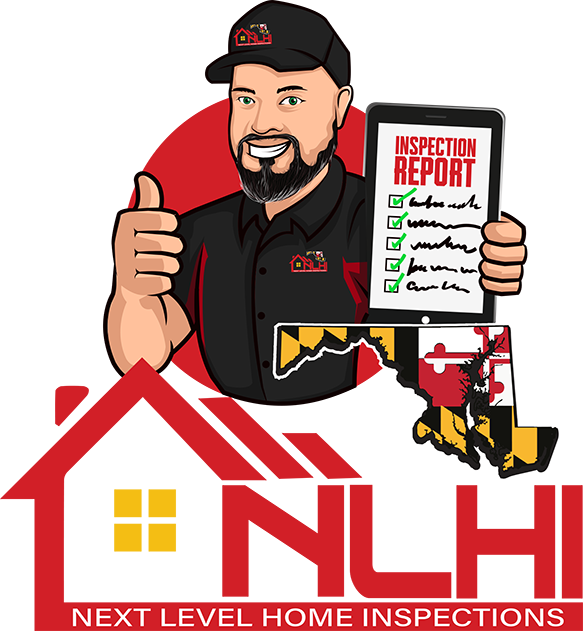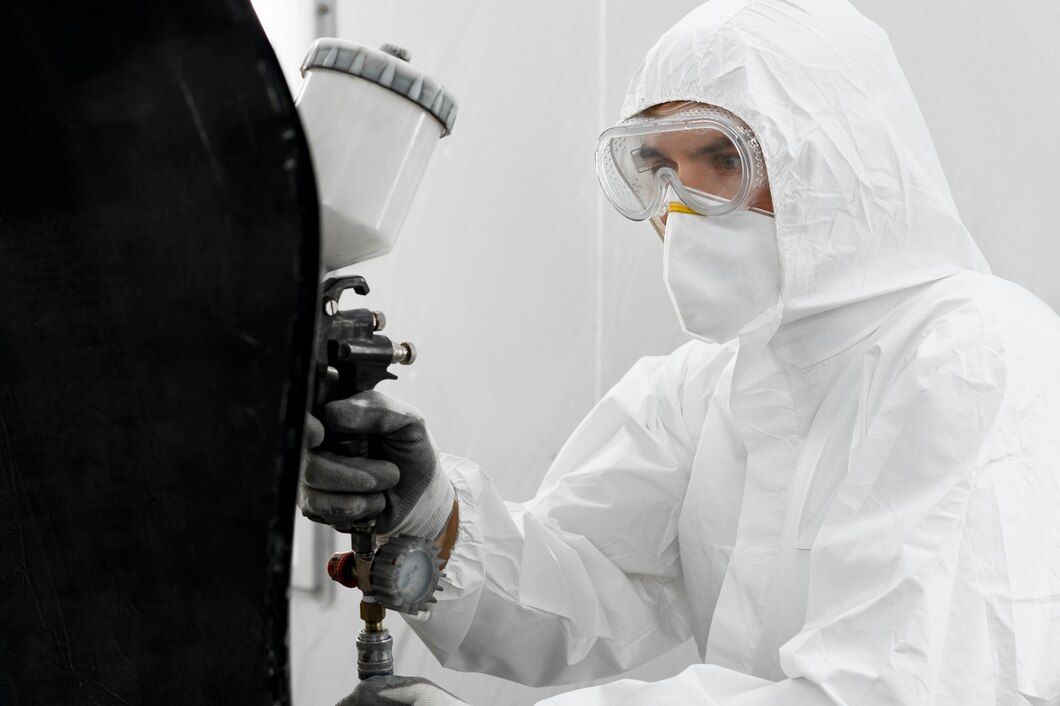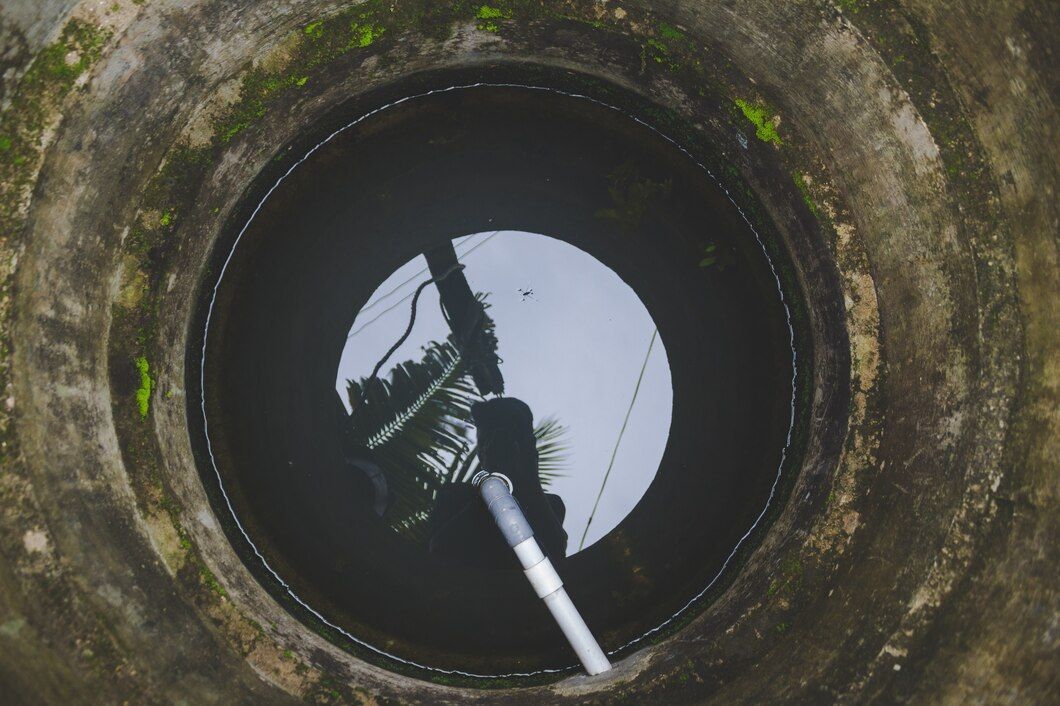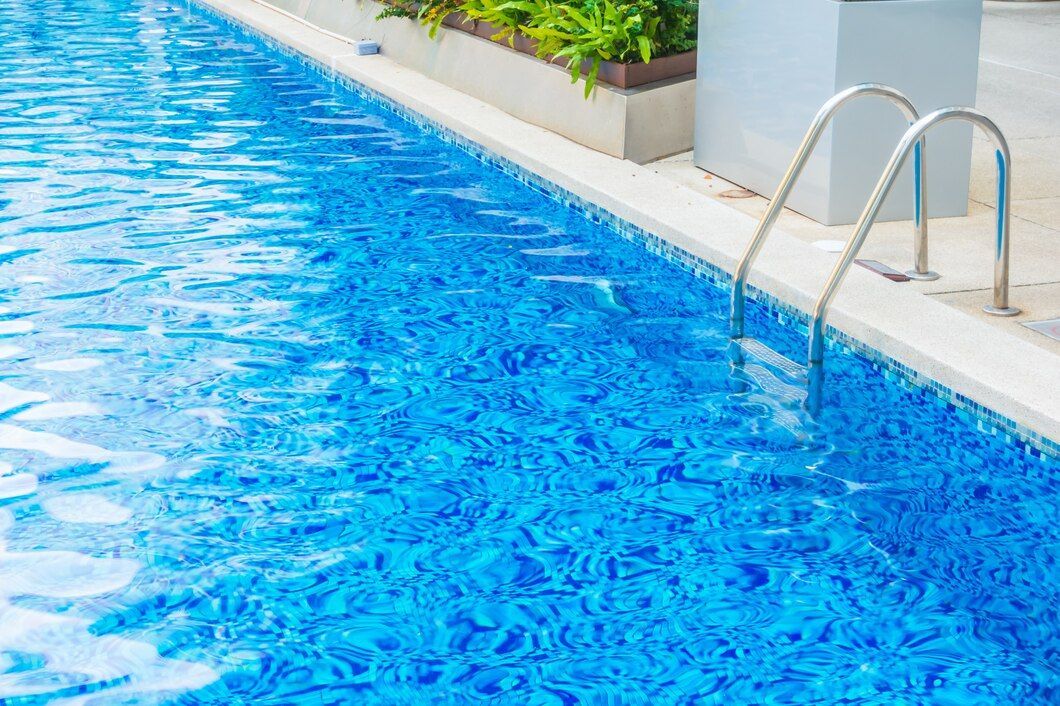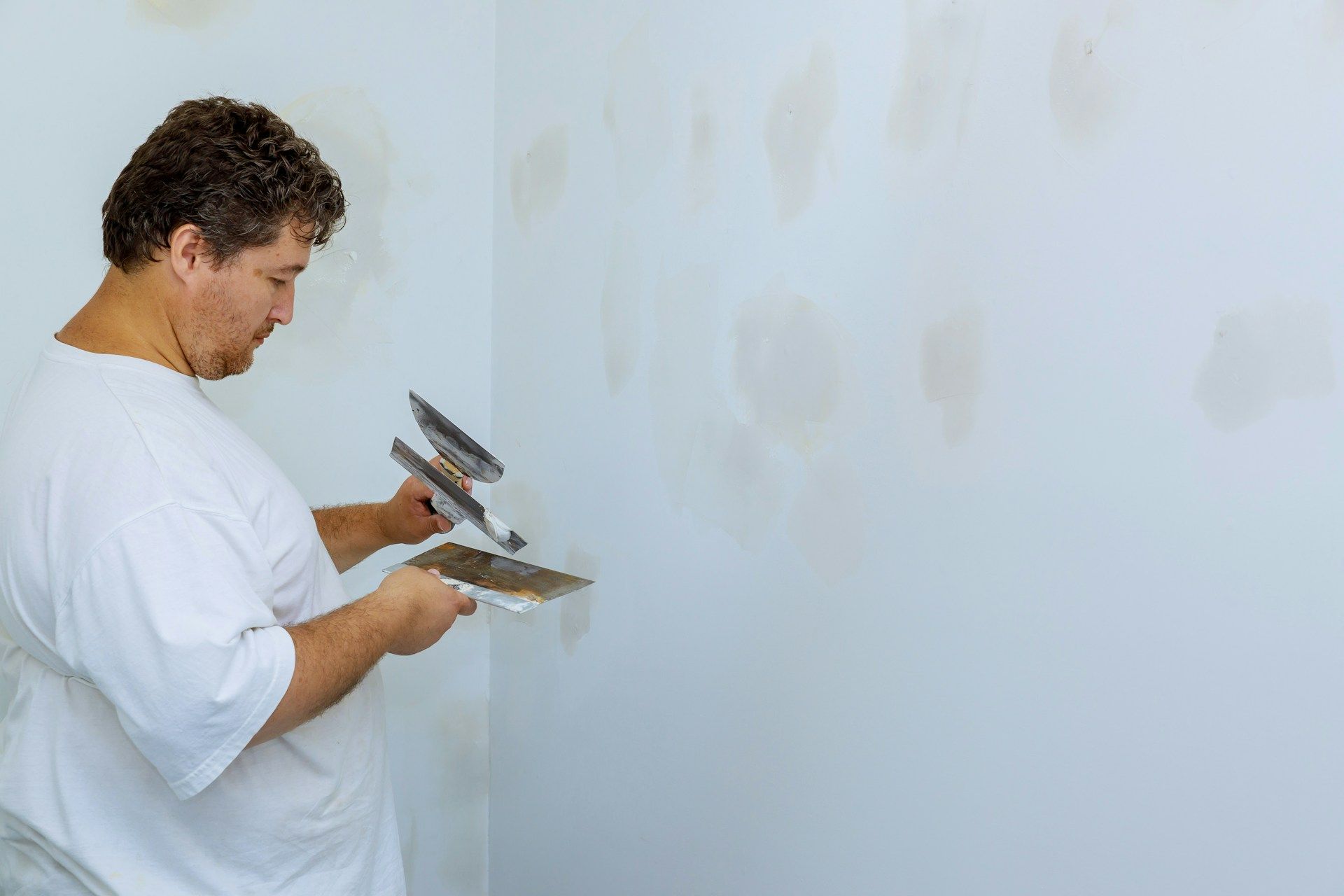Mold Inspection 101: A Comprehensive Guide for Buyers, Sellers & Homeowners
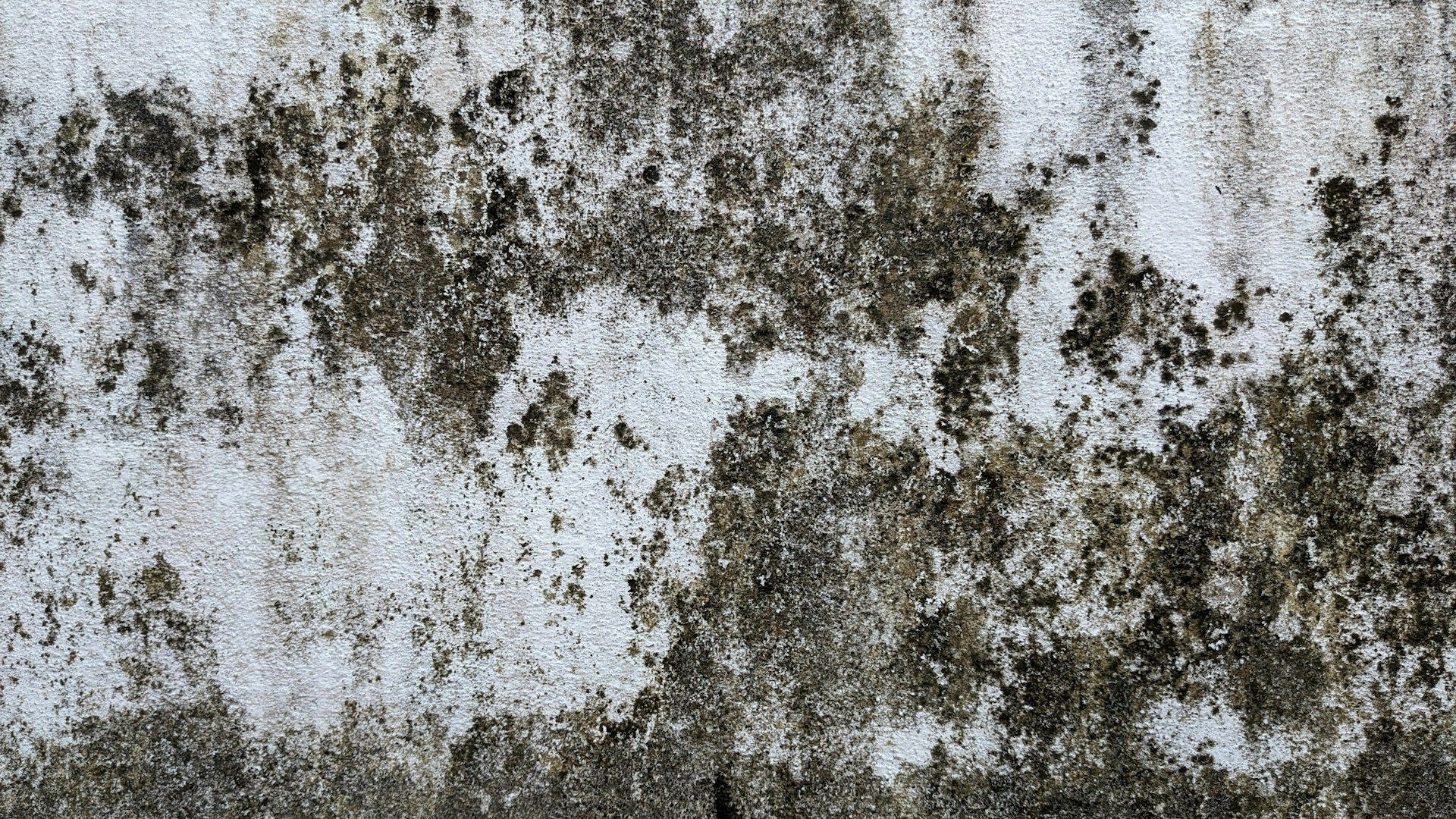
The presence of mold in a home can pose severe health risks and reduce the property's value. As a home buyer, seller, or homeowner, understanding the importance of mold inspection and remediation is crucial to maintaining a healthy living environment. That's why, at Next Level Home Inspections, we offer comprehensive mold inspection services as part of our full range of home inspection services in Maryland.
Let’s dive into the importance of mold inspection, the process it entails, and how Next Level Home Inspections can help you protect your property and ensure a healthy living space for your family. Schedule a mold inspection with us today and rest easy knowing that your home is safe from hidden dangers.
The Importance of Mold Inspection
Mold is more than just an unsightly problem; it can have significant consequences on the health and safety of a property's occupants. Here's why mold inspection is crucial for home buyers, sellers, and owners:
1. Health Risks: Mold exposure can cause various respiratory issues, allergic reactions, and even more severe health problems, especially among individuals with compromised immune systems or pre-existing respiratory conditions.
2. Structural Damage: Mold can weaken the structure of a property by breaking down wood, drywall, and other organic materials. Addressing mold growth early is essential to prevent costly and potentially dangerous structural damage.
3. Property Value: Homes with mold issues can lose value, making it challenging for sellers to secure a fair price or attract potential buyers.
4. Legal Liability: As a seller or landlord, you may be legally responsible for not disclosing known mold problems, which could lead to costly lawsuits and property devaluation.
The Mold Inspection Process
A professional mold inspection typically involves the following steps:
1. Visual Inspection: The inspector conducts a thorough visual examination of the property, searching all accessible areas for signs of mold growth or water damage that may contribute to mold formation.
2. Moisture Detection: Using moisture meters and infrared cameras, the inspector identifies the presence of moisture or dampness in building materials, which can indicate hidden mold growth.
3. Air Quality Testing (if necessary): The inspector may perform air quality testing to detect mold spores in the air, especially in cases where mold is suspected but not visually apparent.
4. Surface Sampling (if necessary): If mold is visible, the inspector may take surface samples for lab analysis to identify the specific mold type and determine the extent of the issue.
5. Inspection Report: The inspector provides a detailed report outlining their findings, which may include mold identification, locations of mold growth, potential causes, and recommended next steps.
Mold Remediation and Prevention
If mold is discovered in a property during the inspection, immediate action should be taken to remediate the problem and prevent further growth. Mold remediation typically entails the following steps:
1. Containment: The affected area is sealed off to prevent the spread of mold spores during the remediation process.
2. Removal of Mold-Affected Materials: Contaminated materials, such as drywall, insulation, or flooring, are removed and disposed of according to industry guidelines.
3. Cleaning and Disinfection: The remaining surfaces and belongings are thoroughly cleaned and disinfected using specialized cleaning agents and techniques.
4. Drying and Dehumidification: Moisture levels are reduced, and the area is dried to prevent further mold growth.
5. Repairs and Restoration: After the mold remediation is complete, any necessary repairs or reconstruction is carried out to restore the property to its original condition.
To prevent mold growth in the future:
1. Address moisture problems, such as leaks in the roof, walls, or plumbing, promptly.
2. Ensure proper ventilation in high-moisture areas, such as bathrooms and kitchens.
3. Use a dehumidifier or air conditioner to maintain indoor humidity levels below 60%.
4. Regularly inspect and clean gutters, downspouts, and drains to prevent water accumulation around the foundation.
5. Keep crawl spaces and basements well-ventilated and devoid of standing water.
The Role of Home Inspectors in Mold Inspections
As a home buyer, seller, or owner, it's essential to work with a qualified, experienced home inspector, such as Next Level Home Inspections, to ensure accurate and reliable mold inspection results. Home inspectors should:
1. Possess industry certifications and relevant experience in conducting mold inspections.
2. Use proper tools, such as moisture meters and infrared cameras, to assess moisture and potential mold issues within a property.
3. Communicate their findings effectively and provide clear recommendations for remediation and prevention.
4. Stay updated with industry best practices and guidelines for mold inspection and remediation.
Conclusion
Mold inspection is a critical aspect of maintaining a healthy, safe, and valuable property. By understanding the importance of mold inspection and working with a professional home inspector, you can protect your investment, prevent costly damage, and ensure the well-being of your family members or tenants.
Don't leave your property's safety and health to chance. Schedule a
mold inspection with Next Level Home Inspections today and experience the peace of mind that comes from knowing your home is safe from hidden dangers.
Next Level Home Inspections is a family owned and operated business capable of providing full home inspections in Maryland that include radon and water testing as well as drone and thermal imaging.
NAVIGATION
Next Level Home Inspections is a family owned and operated business capable of providing full home inspections in Maryland that include radon and water testing as well as drone and thermal imaging.
NAVIGATION
LOCATION
